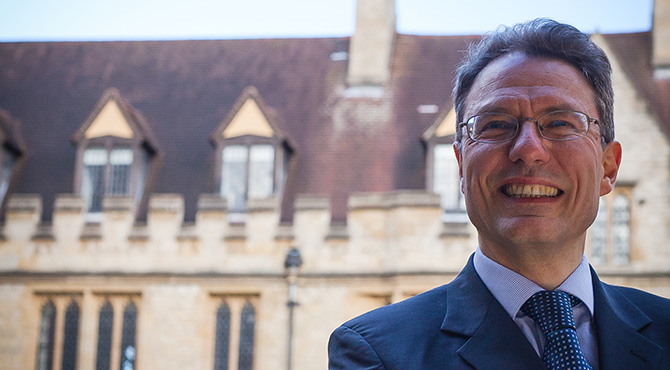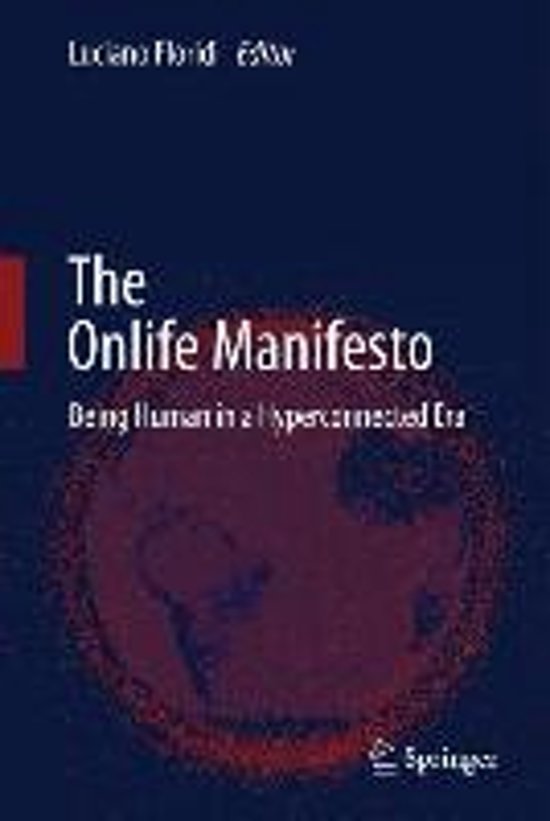Inspired by Shannon Vallor’s book “Technology and the virtues: A philosophical guide to a future worth wanting“, in which she discusses a range of technomoral virtues that we need to cultivate in order to flourish (2016, p. 118-155), I am writing a series of portraits of exemplars–people who embody these virtues.

From: safiyanoble.com
Safiya Umoja Noble embodies the technomoral virtues of justice and perspective.
She is known for her book “Algorithms of Oppression“, in which she discusses various types of discrimination that happen in search services like Google. See the auto-complete function on the book’s front cover (below).

One day in the fall of 2010, she searched for interesting things for her stepdaughter and nieces, using the keywords “black girls”, only to find HotBlackPussy.com as the first hit. “Hit indeed” (Noble, 2018, p.3). This motivated her to embark on an extensive study of the ways in which algorithms “reinforce oppressive social relationships and enact new modes of racial profiling” (p.1).
Her book contains numerous shocking examples of search results, ranging from Google’s automatic image recognition system that tagged a picture of two black teenagers as ‘gorillas’ (in July 2015; very likely the result of training the algorithm with mainly white people’s faces–this has, by the way, not really been fixed; it looks like Google took a shortcut and ‘simply’ deleted words like ‘gorilla’, ‘chimp’, ‘chimpanzee’ and ‘monkey’) to a search in Google Maps for ‘N*gga House’, during Barack Obama’s presidency, that leads to the White House (p. 6). And from Google returning images of men, mostly white, when searching for ‘doctor’; images of women, mostly white, when searching for ‘nurse’; images of white women when looking for ‘professional hairstyles for work’; and images of black woman when looking for ‘unprofessional hairstyles for work (pp. 82-84); etc.
Noble embodies the technomoral virtue of justice, which Vallor described as a “reliable disposition to seek a fair and equitable distribution of the benefits and risks of emerging technologies” and a “characteristic concern for how emerging technologies impact the basic rights, dignity, or welfare of individuals and groups” (2016, p. 128). Noble draws attention to the ways in which search engines, which we regard as ‘objective’, are in fact not ‘objective’ at all, but very often skewed, biased, prejudiced–or, simply put: unjust. With a background in Library & Information Science she understands the importance of accessible and truthful information as a condition for democracy and justice.
Furthermore, Noble embodies the technomoral virtue of perspective, which Vallor described as “a reliable disposition to attent to, discern and understand moral phenomena as meaningful parts of a moral whole” (2016, p. 149). The results from an online search engine may seem trivial. Does it really matter whether we see pictures of black women (with ‘unprofessional hair styles’) or white women (with ‘professional hair styles’), one might ask. Yes, this does matter, visual communication shapes people’s thoughts and feelings. Noble draws attention to the ways in which online search results can propagate existing biases and injustices–or how we can fix these, to combat bias and injustice.
Possibly, you find that Safiya Umoja Noble embodies other virtues as well. Or you may have other ideas about the virtues discussed above. Please post them below or contact me at: marc.steen-at-tno.nl








